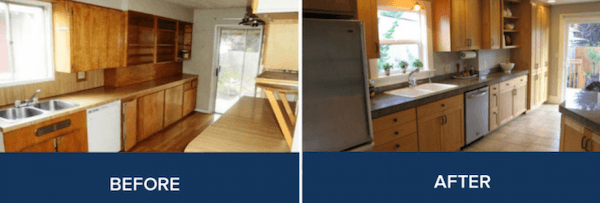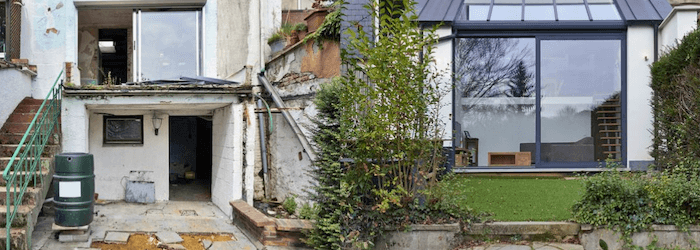Fix and Flip Properties: Advantages vs. Disadvantages
What Fix and Flip Real Estate Is
Fix and Flip in real estate refers to buying a property with the intention of selling it for an immediate profit rather than keeping it for long-term appreciation.
Flipping houses is used to define short-term real estate transactions and strategies of investors in initial public offerings or IPOs. In its simplest form, flipping is a term that is used to define the purchase of an asset that is intended to be sold right away for a profit.

It also applies to other forms of investments like cryptocurrencies and cars.
Fixing and flipping a property involves two phases right after the purchase. The first phase involves “fixing” the property by way of repair and restoration of all its aspects to make it suitable for use and occupancy.
The second phase involves “flipping” it which refers to selling it fast for a profit upon completion of the first phase.
Advantages of Fix and Flip Real Estate
- Profitable Business
As long as you know how to strategize and make use of cost-effective options, you can make fixing and flipping houses a profitable business.

You must know where to get your resources such as affordable materials, a one-stop-shop restoration team, a good timeline for repair and other useful tools that can add up to the efficiency of the entire process.
- Quick Loan Approval
Getting approved for a fix and flip loan is relatively faster when compared to the conventional banking system. If, as a borrower, you have submitted the required documents;
a private lender can grant you the loan within just 2-3 business days whereas it could take a month for a traditional financial institution to do so.
- Any Property is Suitable for It
Properties such as distressed homes and houses in different conditions can be used for a fix and flip loan. Whether the property is owned by the bank, foreclosed, short sale, or in a dilapidated status, a borrower will most likely find a good money lender who’s willing to fund the deal.
- Encourages Creativity and Resourcefulness
Fixing and flipping houses can give you that sense of accomplishment for your creativity and resourcefulness. Imagine being able to envision and create a reasonable value out of a distressed house.
This can give you personal pride knowing that you can actually increase its market price and give a brand new look and significance to it. This is on top of the good financial returns you can potentially gain.
Disadvantages of Fix and Flip Business
- Low Demand
If there is a decrease in the demand for houses and properties, you might find yourself in a state of disappointment. You should note that the longer you hold on to the property, the more money you’re actually spending for it. And these can add up to your losses/expenses.
To keep a property, you have to pay for its routine maintenance, marketing, and mortgage fees among others.
So if you get caught in a bad real estate market situation after fixing a property, you might just need a lot of patience, hard work, and connections for you to sell it at a reasonably good price.
- Lose Money in the Process
There are several factors that can turn your flipping venture into a flopped venture. If you’re unable to strategize well or you’ve missed certain points in fixing and flipping a house, you can fall trap into a failed business. Here are some factors that can make you lose money in the process;
- Unanticipated Expenses: Or overlooked expenses that could result from delayed materials, problems with permits, unexpected damages and costly materials
- Difficulty Selling: The longer your property sits on the market waiting to be sold, the more money you’re actually losing
- Underestimating the Cost: A successful fix and flip business involves a definite budget. If, for some reason, you’ve made mistakes with your budget estimate, you can easily be thrown off guard right in the middle of the process

